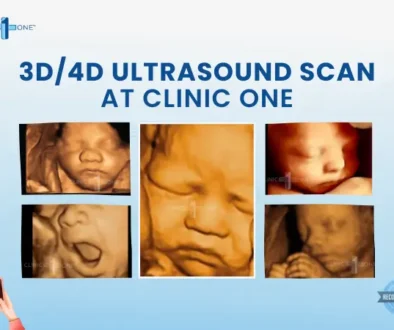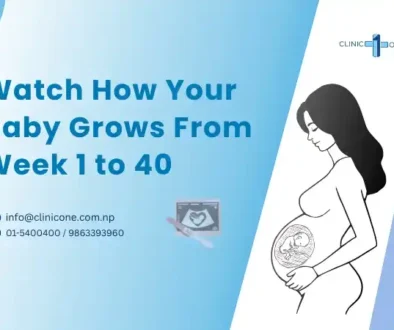World Breastfeeding Awareness Week 2024

Last updated on August 1st, 2024 at 03:45 pm
Theme for 2024: Closing the Gap: Breastfeeding Support for All
Did you know breast milk meets all your baby’s nutritional needs and protects against infections?
Every year, World Breastfeeding Week (WBW) takes place between August 1 and 7. Since its establishment in 1992 by the World Alliance for Breastfeeding Advocacy, WBW has been linked to the Sustainable Development Goals (SDGs) of the United Nations since 2016. The theme for 2024, “Closing the Gap: Breastfeeding Support for All”, emphasizes that there should be complete support towards this success in breastfeeding all mothers and children.
Key Facts:
- Maternity Protections: Over five hundred million working women worldwide lack essential maternity protections from national laws.
- Workplace Support: For only 1/5th of countries, breastfeeding breaks and breastfeeding or milk facilities at their workplaces are a requirement.
- Exclusive Breastfeeding: Less than 50% of infants aged below six months old are exclusively breastfed.
Benefits of Breastfeeding:
- Infants: Breast milk is important for their survival, growth and development. It prevents diseases in children and helps their digestive systems function well while they are growing. When breastfeeding, it promotes closeness through physical contact that encourages a sense of security and contributes to the overall psychosocial development of the young child.
- Mothers: Breastfeeding has been associated with a reduced risk of several types of cancer in women. In addition to reducing the risk of breast cancer, research suggests that breastfeeding can lower the risk of ovarian cancer. It also helps mothers return to their pre-pregnancy health and body shape more easily.
Recommendations:
- Exclusive Breastfeeding: It is recommended by the World Health Organisation (WHO) to exclusively breastfeed infants for the first six months.
- Continued Breastfeeding: As per what is comfortable for both mother and child, breastfeeding should go on alongside solid foods until 24 months or more.
Nepal’s Human Milk Bank:
Nepal’s first human milk bank was launched at Paropakar Maternity Hospital named ‘Amrit Kosh’. It helps provide breast milk to premature babies, low birth weight infants, and other at-risk infants who would be deprived of the life-saving benefits of breast milk.
Importance of Milk Bank in Nepal:
- Nutritional Advantages: Human breast milk contains particular antibodies and nutrients that are important for infant survival, growth, and brain development.
- Reducing Infant Mortality Rates: Helps lower neonatal and infant mortality rates by offering optimal nutrition to vulnerable infants, improving their survival chances.
- Support for Non-Lactating Mothers: Offers a vital resource for mothers who cannot breastfeed, ensuring their infants still receive the benefits of human milk.
- Promoting Breastfeeding Awareness: Encourages breastfeeding practices and creates a supportive community, enhancing the overall health and well-being of mothers and infants.
References:
https://www.unicef.org/bih/en/stories/awareness-importance-breastfeeding-not-sufficient-support-also-needed
https://www.unicef.org/nepal/press-releases/nepals-first-human-milk-bank-amrit-kosh-opens-maternity-hospital-0
https://www.usbreastfeeding.org/national-breastfeeding-month.html#:~:text=World%20Breastfeeding%20Week%20was%20created,annually%20from%20August%201%2D7.
https://sdgs.un.org


